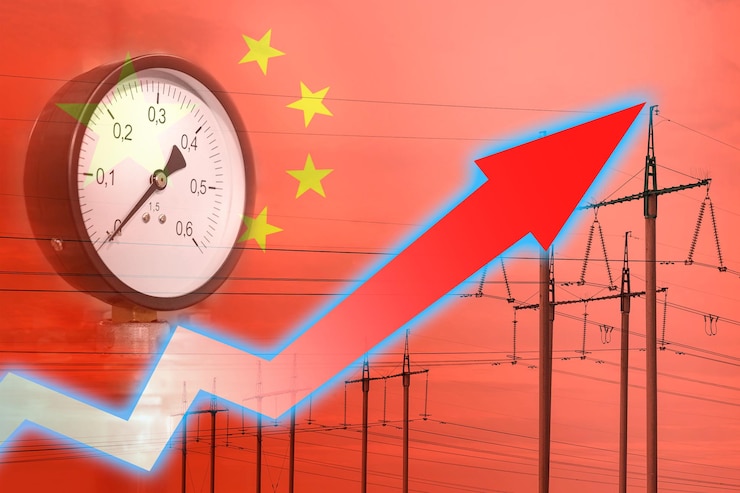Investors who follow sustainable energy have recently focused on Meridian Energy in New Zealand. With a market presence based solely on clean energy—derived from sunlight, wind, and water—Meridian stands out as a utility that is not just surviving but actively influencing the shift to renewable energy. However, its share price has recently experienced a slight decline, dropping 1.26% to NZD 5.87, despite its environmental credentials and strategic stability.
This decline might initially seem remarkably similar to normal market swings. However, the question remains: is this a brief lull or an indication of weak momentum for a business so closely linked to the planet’s most pressing priorities? What comes next and whether Meridian can turn its dominance in clean energy into share price resilience are the key questions for both ESG advocates and forward-thinking investors.
Meridian Energy Share Profile
| Company | Meridian Energy Limited (MEZ.NZ) |
|---|---|
| Current Share Price | NZD 5.87 |
| Daily Movement | -0.08 (-1.26%) |
| Monthly Growth | +9.72% |
| Annual Change | +0.69% |
| Q2 Forecast | NZD 5.68 (Median Analyst Estimate) |
| Energy Mix | 100% Renewable (Wind, Hydro, Solar) |
| Core Strategy | SDG7 – Affordable Clean Energy, SDG13 – Climate Action |
| Official Site | www.meridianenergy.co.nz |
A Utility With Real-World Difficulties and Green Ambitions
Meridian is not like other utilities. Meridian runs a fleet of wind farms and hydro stations that supply electricity to the national grid of New Zealand, in contrast to conventional players that depend on fossil fuels. It is very evident that this 100% renewable generation model complies with investor climate expectations as well as government sustainability goals.
However, short-term pressures can still affect even the greenest utilities. Returns may be hampered by changes in market sentiment, weather volatility, and currency fluctuations. Additionally, although Meridian’s recent monthly increase of 9.72% indicates that investor interest has returned, the company’s year-to-date performance—up just 0.69%—demonstrates that optimism is still cautious.
Why There Is Still Confidence in This Stock
Meridian’s long-term outlook is still very appealing in light of growing global emissions and stricter ESG regulations. In addition to generating clean energy, the company is redefining utility leadership in a net-zero economy. It is progressively changing from a power supplier to a clean energy architect by making strategic investments in new solar installations and grid flexibility projects.
Meridian is also improving its operational efficiency by utilizing digital forecasting tools and AI-driven grid management. Even though these developments aren’t always apparent in quarterly financial reports, they are laying the groundwork for scalable, sustainable energy delivery, positioning the company as a subdued but incredibly powerful force in the energy revolution.
The Need for a Catalyst and the Caution of Analysts
However, not all analysts believe there is upside potential at the current valuation. Some market watchers are waiting for a stronger earnings surprise or policy catalyst before acting, as Q2 forecasts are marginally below the share price today and there are worries about the dividend strength in comparison to peers.
However, that conservatism may be ignoring Meridian’s inherent worth. Companies like Meridian, which are incredibly resilient, environmentally conscious, and operationally sound, frequently reward those who are willing to hold in the long-term investing space. It is, in a sense, the difference between knowing that the tide will eventually rise and watching it roll in.
Growth in Renewables Driven by Purpose and Policy
The use of renewable energy has increased dramatically over the last ten years due to technological advancements and stricter regulations. Meridian is well-positioned to support new energy export models, such as green hydrogen, as it is already at the forefront of the domestic market. Meridian might be in the lead of a transnational clean energy economy if New Zealand expands its infrastructure to accommodate these channels.
It is especially advantageous because of its close alignment with national energy priorities. Meridian is increasing its influence in addition to its megawatts through regional cooperation, policy alignment, and strategic alliances.


